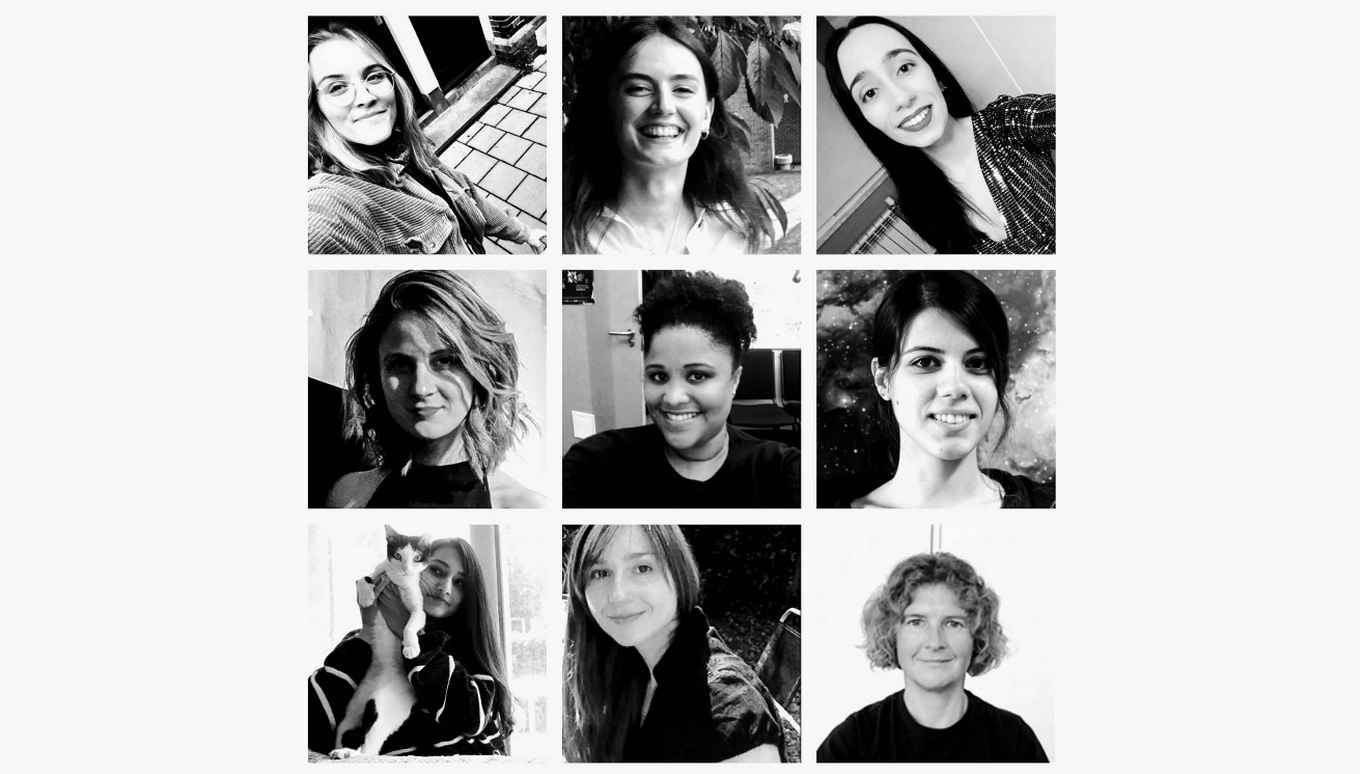Dr Samaya Nissanke receives an ‘Engineering and Physical Sciences’ Suffrage Science award on the scheme’s tenth anniversary
8 March 2021
Ten years ago, Professor Dame Amanda Fisher, Director of the MRC London Institute of Medical Sciences (then Clinical Sciences Centre), and Vivienne Parry OBE, science writer and broadcaster, concocted an idea at a café in Dartmouth Park to celebrate the amazing contributions that women scientists have made to their field, sometimes overlooked in favour of their male counterparts. With an endorsement from Dr Helen Pankhurst CBE, women’s rights activist and great-granddaughter of Emmeline Pankhurst, they called the awards scheme Suffrage Science.
On International Woman’s Day in 2011, the inaugural cohort of eleven ‘Suffrage Scientists’ from the life sciences were recognised in a ceremony at the Institute of Contemporary Arts, London. Their awards were hand-crafted items of jewellery created by art students from Central Saint Martins-UAL, who worked with scientists to design pieces inspired by research and by the Suffragette movement. But rather than produce a new set of pieces for the next awards, each holder chose who they would like to pass their award onto, thus generating an extensive ‘family tree’ of incredible scientists and communicators.
As the relay continued, new branches of the Suffrage Science scheme were developed – the ‘Engineering and Physical Sciences’ strand was founded in 2013, and the ‘Maths and Computing’ strand followed in 2016. The Suffrage Science family is now 148 strong, with a further 12 joining on Monday 8th March, 2021, on what will be the tenth anniversary of the scheme.
In that decade, the proportion of women in Core STEM occupations in the UK has nearly doubled, from 13 per cent in November 2012 (WISE, 2013) to 24.5 per cent in September 2020 (WISE, 2021). A similar growth can be seen for female engineering professionals, rising from 5.5 per cent of the total in 2012 to 10.4 per cent in 2020. Yet these headline statistics fall short of the ‘critical mass’ target of 30 percent, defined to be the ‘level at which a minority group of women becomes able to influence real change’ (WISE, 2020). Therefore, it is vital for us to continue to recognise the outstanding work of women already in STEM, and inspire others to enter scientific fields and reach senior leadership roles.
At the fifth handover of the ‘Engineering and Physical Sciences’ awards on March 8th, host Vivienne Parry will draw on the theme of International Women’s Day 2021, #ChoosetoChallenge, and look forward to the next ten years of women changing science with an esteemed panel. Joining the panel is Professor Dame Jocelyn Bell Burnell, a legendary astrophysicist and great advocate of diversity in STEM, who will also give a keynote talk exploring her hopes for the Bell Burnell Graduate Scholarship Fund (Institute of Physics), launched using the money she was awarded from the 2018 Special Breakthrough Prize in Fundamental Physics.
The other panellists are:
Dr Kat Arney (Award-winning science storyteller and host of The Suffrage Science Podcast)
Dr Mercy Badu (Co-founder of Women in STEM (WiSTEM), Ghana)
Professor Melinda Duer (Engineering and Physical Sciences Awardee 2019)
Suffrage Science pioneer Professor Fisher said: “We dreamed up the awards scheme to celebrate the contribution that women have made to science, which often gets overlooked. This is as important now as it was ten years ago. This year’s awardees join a community of over 148 women scientists. I’m thrilled that since 2011, the awards have travelled from the UK, across Europe to the USA, Hong Kong, Iran and to Ghana, illustrating the international nature of science and engineering, and the global effort to improve the representation of women in STEM.”
Professor Amina Helmi, University of Groningen, who nominated Dr Samaya Nissanke, University of Amsterdam and Nikhef, said: “Samaya is an excellent researcher focusing on a very hot topic in modern Astrophysics, namely on gravitational waves (Nobel Prize 2017) and how they tell us about the merger of pairs of neutron stars and black holes. She was part of the discovery of the first ever binary neutron star merger that was seen by gravitational waves by the international LIGO and Virgo collaboration in 2017. She was in fact part of the writing team for the discovery paper and was responsible for coordinating the follow-up from many different observatories. Not only is she an outstanding scientist, but she is also a fervent and devoted advocate of diversity and inclusion in science, and beyond. She is the chair of Netherlands Astronomy Equity and Inclusion Committee, which she helped set up.”
To further commemorate the tenth anniversary of Suffrage Science, the MRC LMS have launched ‘The Suffrage Science Podcast: How women are changing science’, hosted by Dr Kat Arney and produced by First Create The Media with audio production by Georgia Mills. In the series, released on Monday 8th March 2021, we will explore the journeys of women in science, reflecting on progress we’ve made and the challenges still to be addressed, through conversations with an incredible group of women leaders who have all received a Suffrage Science award over the past ten years.
Episodes will be available on Apple Podcasts, Amazon, Google, Spotify, or wherever you get your podcasts.
